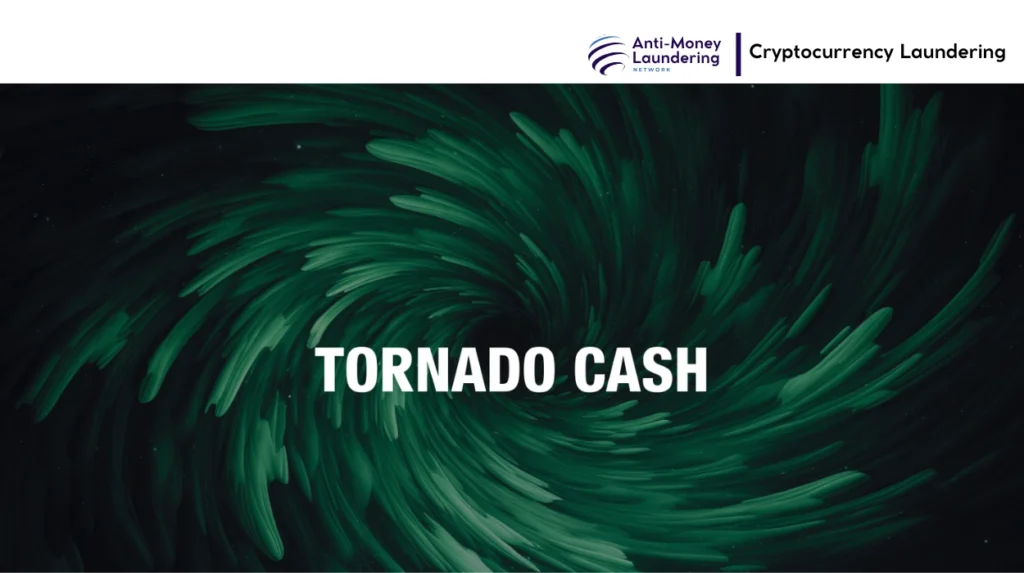Tornado Cash, a cryptocurrency mixing service launched in 2019, has become a focal point in the intersection of decentralized finance and illicit activities. While designed to enhance privacy by obscuring transaction trails, it was exploited extensively for money laundering, notably by the North Korean state-sponsored Lazarus Group. This misuse exposed significant challenges in regulating anonymous crypto mixers, highlighting vulnerabilities that criminal actors leverage to circumvent sanctions and launder billions of dollars worldwide. The ensuing legal actions against Tornado Cash’s founders mark a critical moment in combating cybercrime and enforcing financial regulations in the digital age.
Tornado Cash is a cryptocurrency mixing service created in 2019 to anonymize crypto transactions by obfuscating their trail on public blockchains. The founders, Roman Storm and Roman Semenov, knowingly operated the platform despite being aware that criminals, including the North Korean state-sponsored Lazarus Group, were laundering stolen cryptocurrency through it. The service facilitated laundering of over $7 billion in virtual currency, with hundreds of millions attributed to the Lazarus Group’s cyber thefts. Tornado Cash failed to implement required AML and KYC controls, effectively enabling criminals to move illicit funds undetected. The U.S. government imposed sanctions on Tornado Cash and its founders, indicted them for money laundering and sanctions evasion, and convicted one founder in 2025. This case highlights critical risks and regulatory enforcement challenges posed by decentralized finance mixing services in cybercrime and international sanctions contexts. It serves as a landmark for prosecuting crypto-based money laundering connected to nation-state threat actors.

